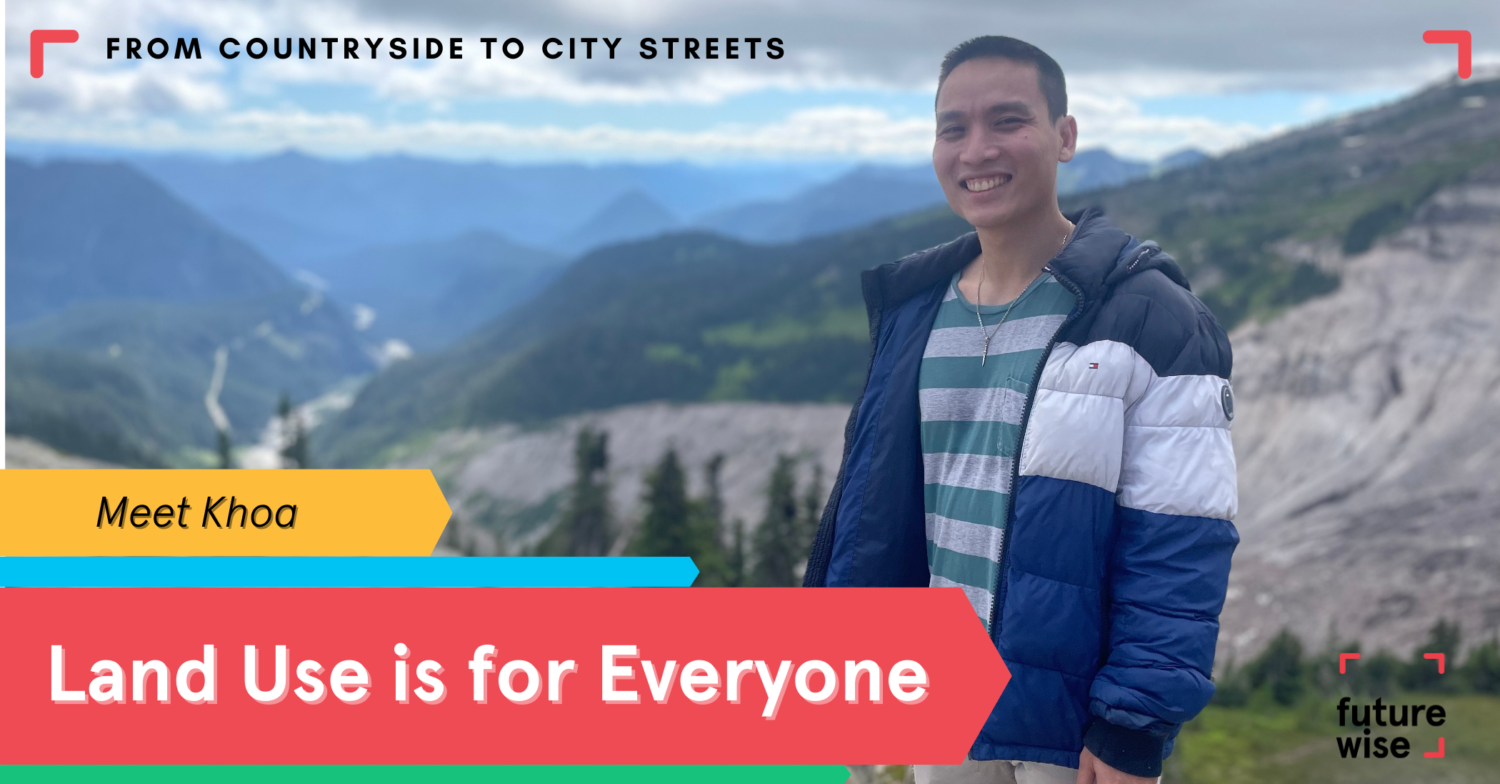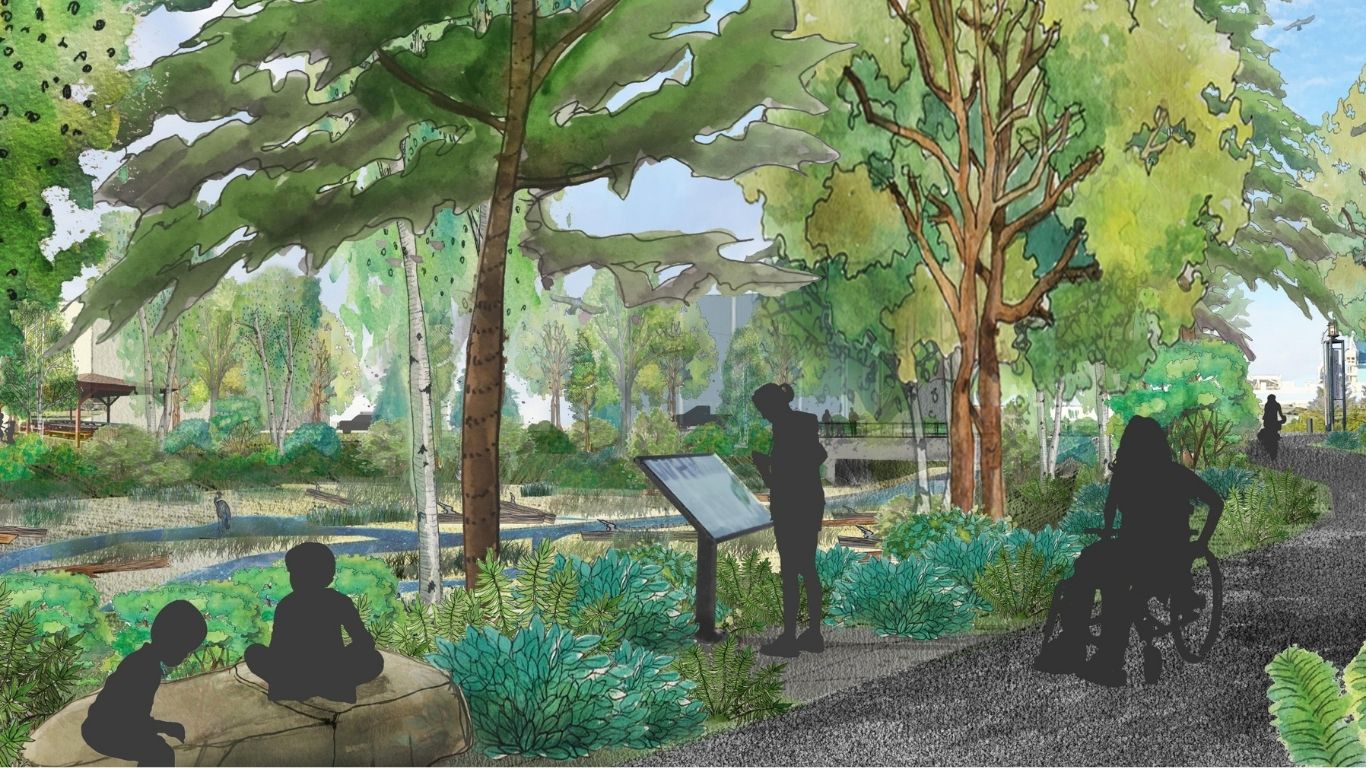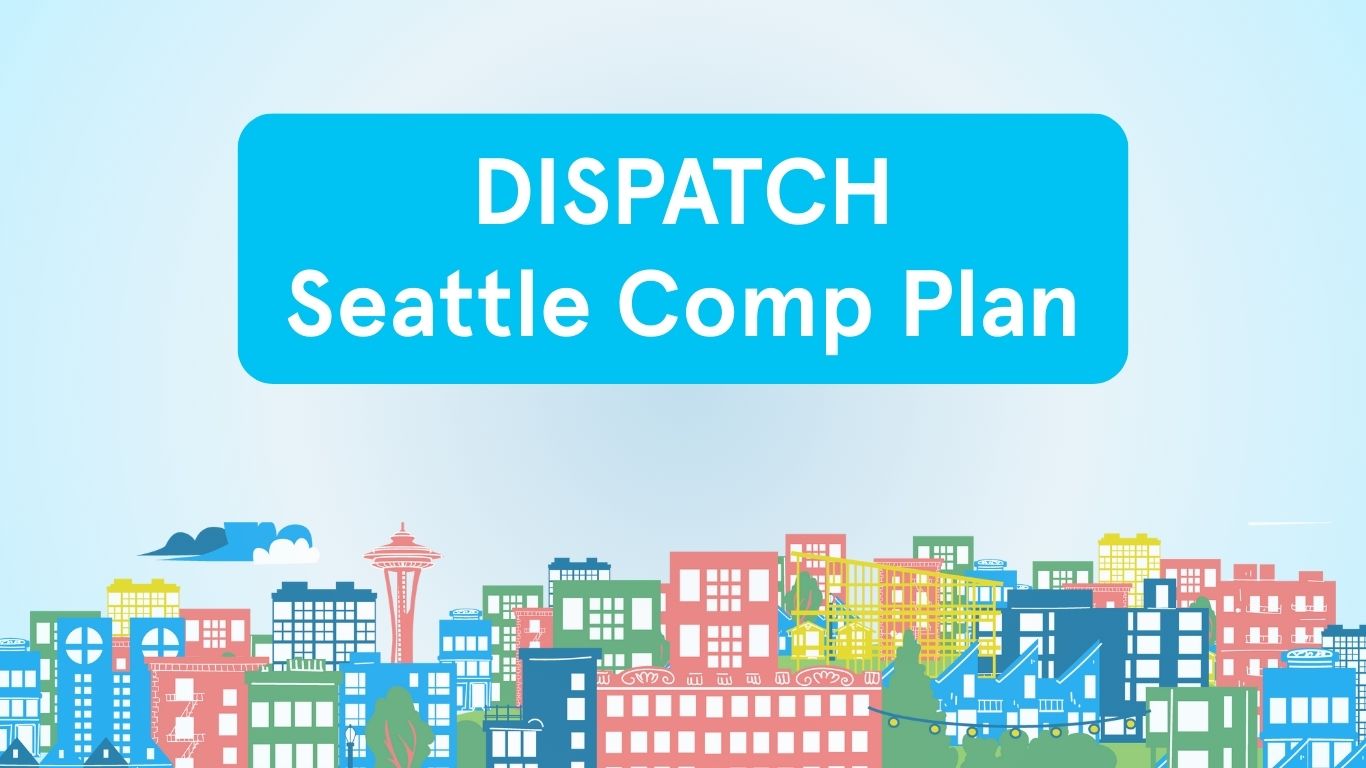Land Use is for Everyone — From Countryside to City Streets
We’re wrapping up the year and this interview series (for now) with one of my good friends, Dr. Khoa Le. He’s a chemist currently living in Brooklyn, NY with his boyfriend and two adorable cats. Much like Isaac Organista, from my last interview, Khoa has lived in a variety of places that have given him a unique perspective.
He recently moved to New York after living in Bellingham, WA and going to school in Eugene, OR where we met. But before that, he lived in Dai Ngai, a very rural and remote town in Vietnam until he was 13 years old. He brings a different perspective that someone growing up exclusively in Washington or the US might not have, especially on our built environment and culture of community. I’m grateful he agreed to be a part of this interview, and this is the perfect finale in this series.
Tell me about where you live, help the reader understand where you’re coming from.
I live in Park Slope, a small neighborhood in central Brooklyn. The neighborhood is more family friendly, and there’s not a lot of traffic which I like. My boyfriend and I live in a nice apartment and both work from home. Manhattan is more fun, but Brooklyn is a 30 min ride on the subway, so it’s a perfect spot if you want to live in New York at a cheaper price.
When I first moved I thought it’s going to be busy, claustrophobic and scary, but as I live here it feels less like that and more like a community. We got lucky that we live near the park and in the summer it’s nice, and you can always find fun things to do on the weekend.
What about the other places you’ve lived before?
I grew up in Dai Ngai, Vietnam, in a country village. It’s mostly rice fields and farms, but you can get everything you need in the village. One thing that differs from your farm [read about my family’s farm in the first interview] is that all the houses are really close together, like you share a wall. Whatever you say in your house, your neighbor will hear. There’s a great sense of community. Growing rice and fruit and making clothes is less about making you rich and more about providing value to the community. If you don’t have the capacity to cook, you can go to your neighbor and ask to eat dinner. If my mom was not able to take care of me, the neighbor would come over to watch me. There aren’t jobs like babysitting because you just ask your neighbor. You can walk into anyone’s house and say hi. You can’t do that in America; it’d be weird to ring a doorbell and say hi, but that’s normal in Vietnam.
And you moved to Bellingham as a teen? Tell me about that.
In Bellingham, I lived with my family, and they’re a supportive community. I’m lucky my aunt’s house is close by; we have parties all the time. Bellingham is way prettier than New York. I’m an indoor person, I don’t like nature, but having that option makes me feel more comfortable. It’s quieter and there’s a trail a block from my family’s house. You can walk to a little pond and enjoy the nature, and especially living with my family if you need some space, there’s a way to be alone. The waterfront is beautiful, you can go to BBQ and swim, Lake Whatcom, Padden, Samish, just jump into the lake and swim or kayak.
Why did you live with your family?
I guess it was circumstantial; my dad and grandpa passed away when I was about to go to college, and I was the only person who spoke English in my family. I couldn’t leave my mom and grandma, and my sister was too young to take care of everything. How am I going to support my family if I’m renting an apartment by myself? The thing I’m afraid to admit is that I was scared to move out too. I don’t know if it’s an American thing to be excited to move out, but in Asian culture it’s really hard to move away from your family. They don’t want you to move out, and there’s a lot of fear of moving. The other reason is they cook really good food.
You talked about the subway in New York, but how does it compare to how you used to get around in Bellingham and Dai Ngai?
I had a car in Bellingham. I had to drive myself and my family to get around, and it was very stressful because I’m not a good driver. I didn’t think I hated it, but now that I know I don’t have to I’m like why would I? In New York it’s hard to drive but we have the subway. I’m used to the subway, 30 minutes is nothing and it’s nice that you can space out. I mostly walked in Dai Ngai; it’s a tiny town so you can walk anywhere in 2-3 minutes. I had a bicycle, and school was less than a 10 min bike ride away.
What are your favorite parts of the different places you’ve lived?
In New York, it’s the subway. You can get anywhere on it, which is really nice. Last year I complained about not having a car but I’ve changed my mind, my life is less stressful without a car. I don’t like driving, and living here I don’t need to. In Bellingham, I would say my favorite part is the accessibility to outdoor, naturey stuff. In Dai Ngai, the food! [laughs] Beyond the food, I love the closeness of the community. Everyone is helping raise each other’s children, and you know everyone.
Interested in being interviewed? Email [email protected]. This series is on pause during the 2025 legislative session, but we hope to bring it back next summer.


